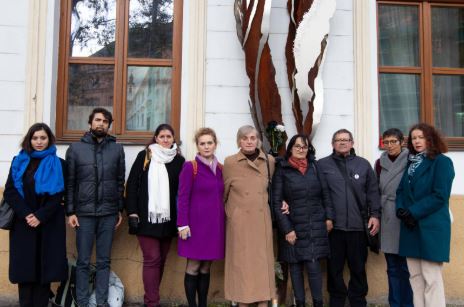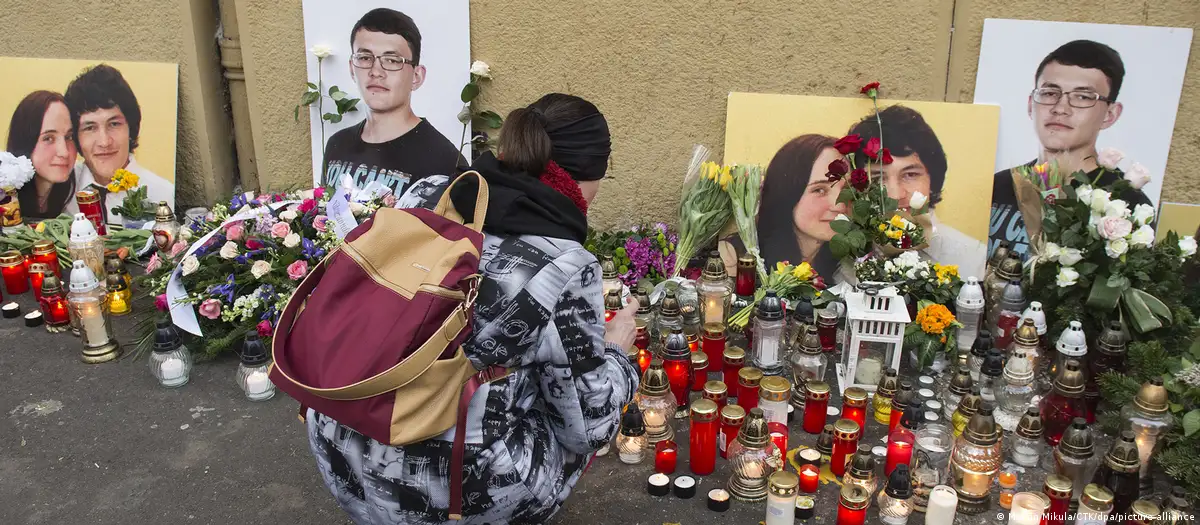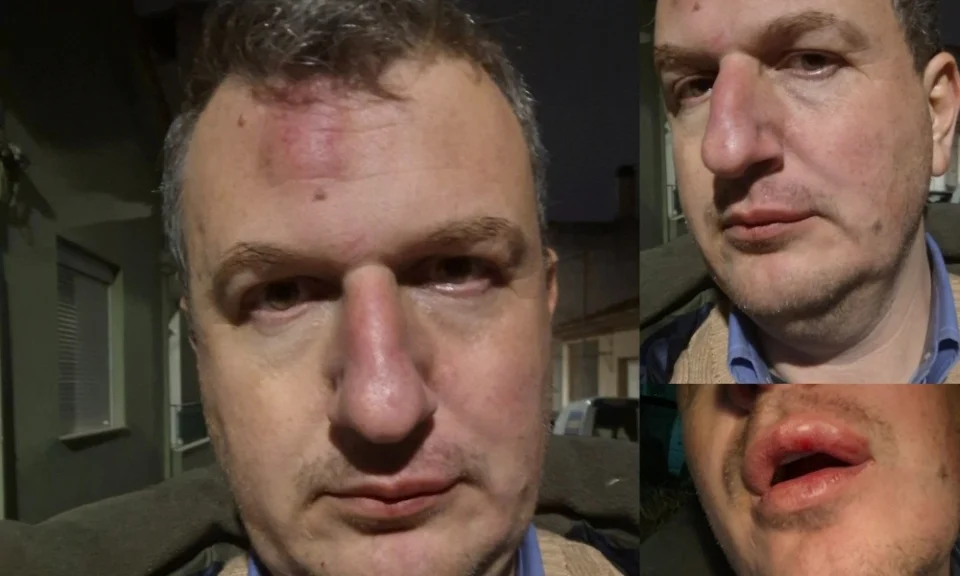
Democracy Under Pressure: Slovakia’s Media Freedom Eroding
December 3, 2024
Silenced in Aleppo: Three Syrian Journalists Killed Amid Escalating Violence
December 3, 2024December 3, 2024 – Georgia –
A wave of assaults on journalists during pro-EU demonstrations in Tbilisi, Georgia, has drawn sharp condemnation from the International Press Institute (IPI) and 15 partner organizations. The attacks occurred in late November 2024 amid nationwide protests sparked by the Georgian Dream party’s announcement to suspend EU accession talks—a move seen by many as a rejection of democratic values and a pivot toward authoritarianism.
According to monitoring networks, including the Media Freedom Rapid Response (MFRR) and Mapping Media Freedom, between 50 and 90 journalists were harassed, assaulted, or obstructed while covering the protests. Victims included reporters, photographers, and camera operators, many of whom were affiliated with independent or government-critical outlets. In numerous cases, journalists were specifically targeted by riot police and masked individuals believed to be aligned with the ruling party’s interests.
Among the most serious incidents, Formula TV journalist Guram Rogava sustained severe facial injuries and a spinal fracture after being beaten by police. TV Pirveli reporter Mariam Gaprindashvili suffered a head injury that left her unconscious. Publica.ge journalist Aleksandre Keshelashvili was beaten, detained, and left with a concussion and nasal fracture. Other cases involved journalists being pepper-sprayed, punched, and dragged away while visibly wearing press vests.
IPI and allied organizations denounced the attacks as part of a broader trend of state-sponsored repression of independent journalism. The groups condemned the Georgian government for weaponizing law enforcement against the press and failing to protect journalists exercising their right to report. They also criticized ongoing smear campaigns by ruling party officials that portray critical media as “enemies of the state.”
Calling for accountability, the coalition demanded the immediate release of any detained media workers, public disclosure of equipment seized by police, and transparent investigations into the violence. They urged international bodies, including the EU and OSCE, to respond with firm diplomatic pressure to uphold press freedom.
Once considered a beacon of democratic reform, Georgia now ranks 103rd on the World Press Freedom Index. The systematic targeting of journalists during the Tbilisi protests reveals a deeply troubling slide toward authoritarianism—and underscores the urgent need for international vigilance and solidarity with Georgia’s embattled media.
Reference –




